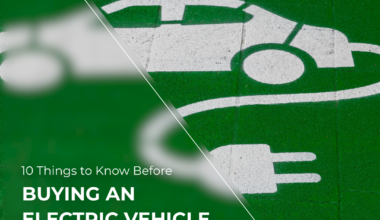When nearing the end of a car lease contract, there are several important things that someone should do to ensure a smooth transition and avoid any unexpected charges or penalties. Here are five essential steps to consider:
- Review the lease terms: Take the time to thoroughly review your lease agreement, paying close attention to the mileage restrictions, wear-and-tear guidelines, and any additional fees or charges mentioned in the contract. Understanding these terms will help you assess your obligations and potential costs.
- Evaluate the vehicle’s condition: Inspect your leased vehicle for any excessive wear and tear, scratches, dents, or mechanical issues. Referencing the lease agreement’s guidelines, determine what is considered normal wear and tear and what might require repair or maintenance. Addressing these issues before returning the vehicle can help you avoid additional charges.
- Schedule a pre-return inspection: Many leasing companies offer pre-return inspections, where an authorized representative assesses the vehicle’s condition and identifies any chargeable damages. Consider scheduling this inspection before the lease ends so that you have an opportunity to address any issues and make repairs if necessary.
- Determine the vehicle’s value: If you have an option to purchase the vehicle at the end of the lease, or if you’re considering trading it in, it’s crucial to determine its current market value. Research the market value of similar makes, models, and mileage to understand if purchasing the vehicle is a financially viable option or if trading it in makes more sense for you.
- Explore lease-end options: As the end of your lease approaches, contact your leasing company to discuss the available options. These options may include returning the vehicle, purchasing it, or potentially extending the lease. Gather all the necessary information, understand the pros and cons of each choice, and make an informed decision based on your financial situation and future needs.
Remember, it’s always a good idea to consult with the leasing company directly and seek professional advice if you have any specific questions or concerns about your lease agreement.






